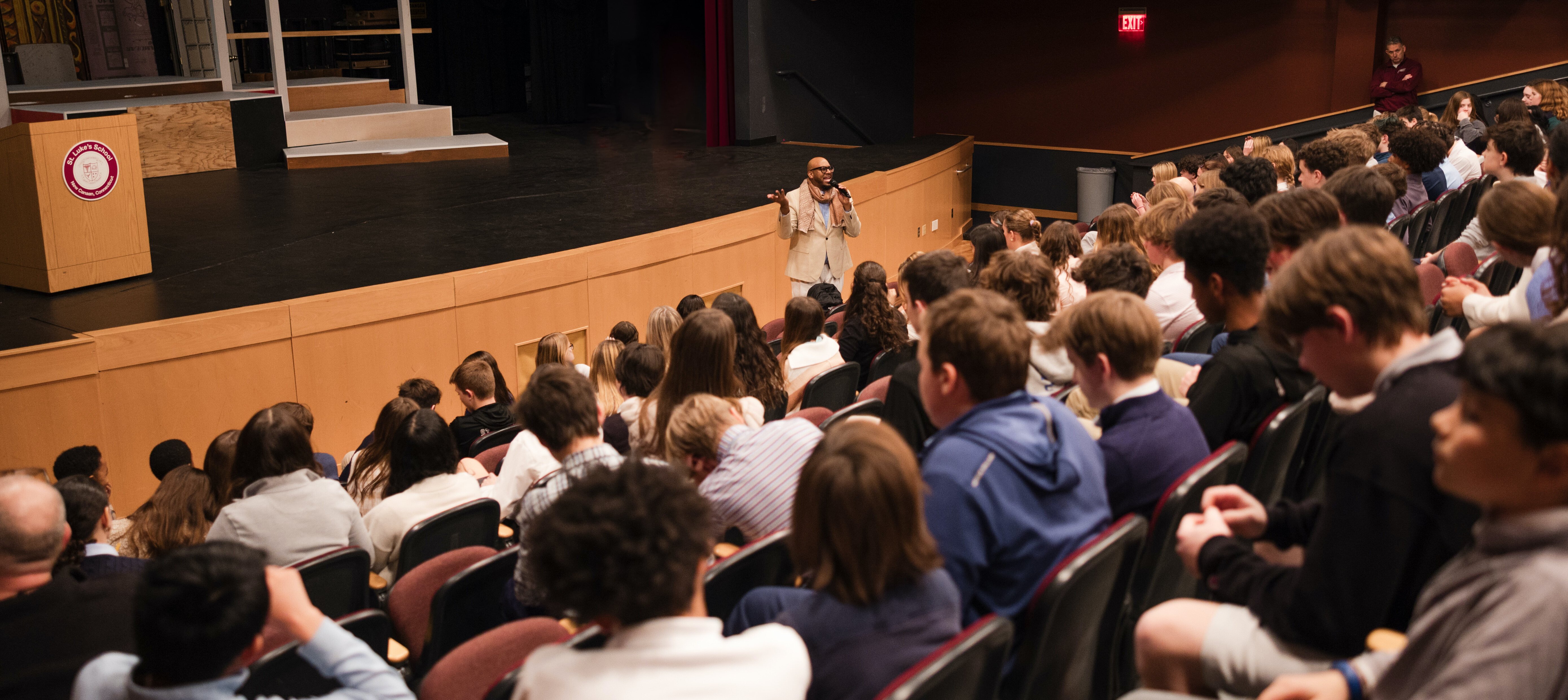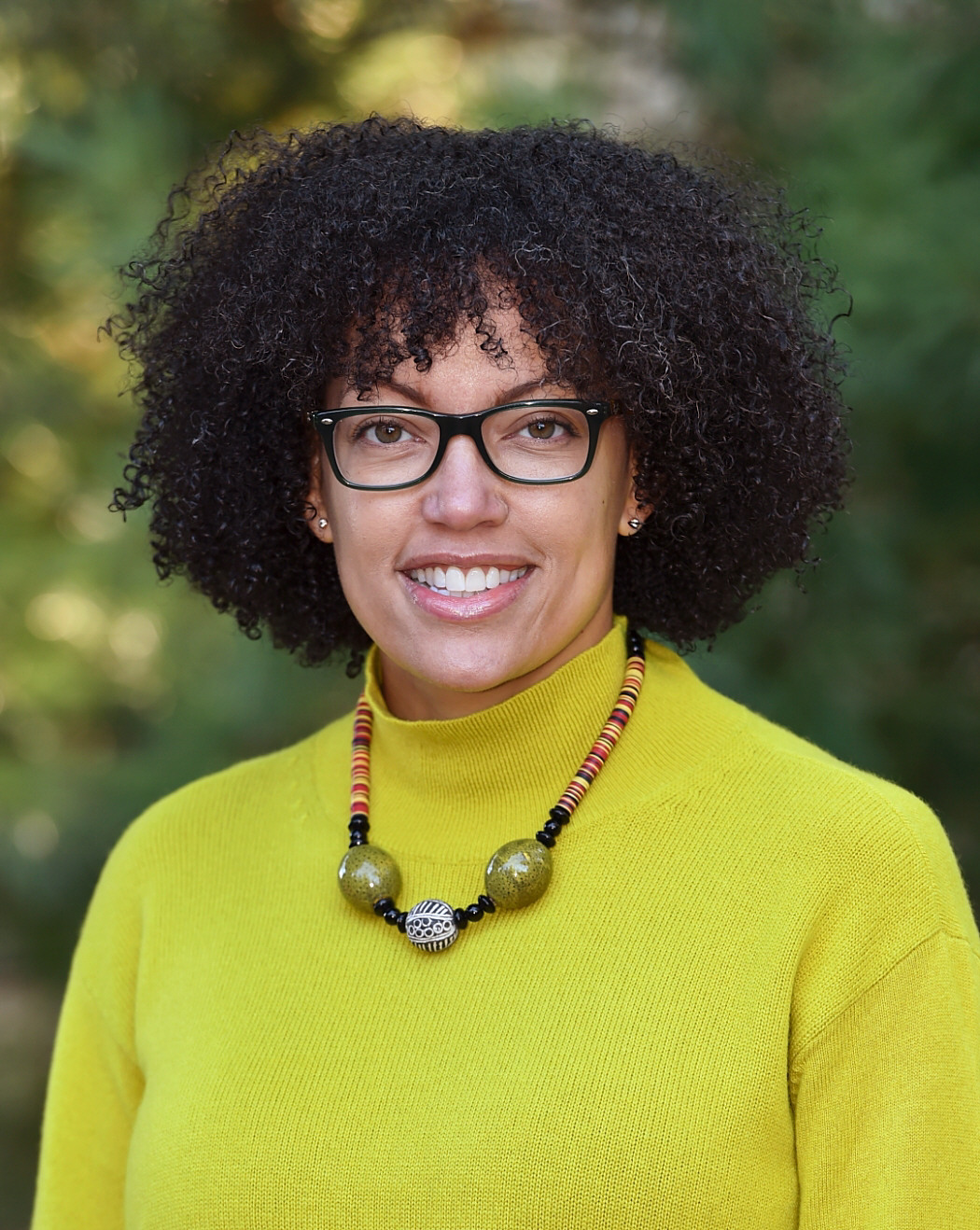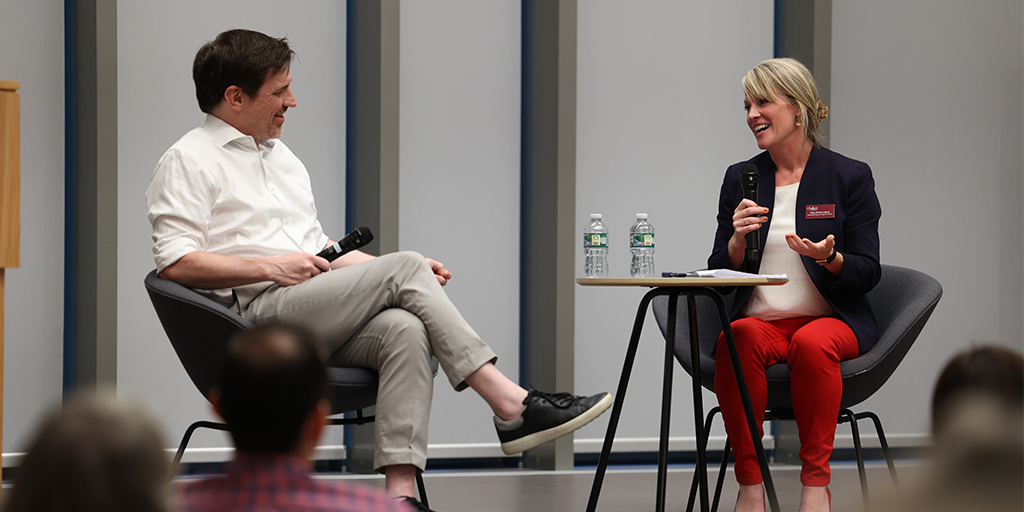We know that students experience dramatic growth and change as they make their way through secondary school. Personal freedoms increase, college decisions are on the horizon, and expectations inch higher. But what often gets lost in the focus on high school (or upper school, in private school parlance) is what middle school families can do now to prepare their children for the transition.
There is no one-size-fits-all formula, but there are four core skills middle school students can develop to help ensure a strong foundation and steady launch into upper school:
1. Practice Regulating Emotions
The most important skill students can develop as they transition into upper school is regulating their emotions. When children see every low quiz score or friendship hiccup as a potential catastrophe, it becomes difficult to function effectively in school.
To concentrate and enjoy learning, kids need to be grounded. They must gradually develop the ability to process setbacks, such as a poor grade or not playing up to their expectations in a game, learn from the experience, and move on.
Parents and guardians can help children learn to modulate strong emotions. If your child is catastrophizing, first listen, affirm their disappointment, and then help them think about strategies to redirect their energy. Reiterate your family's values by letting them know perfection is not the goal and that the most significant learning and growth are often the result of struggling and not getting it right the first time.
2. Grow by Owning Mistakes
Another vital skill for children to develop is the ability to take responsibility for mistakes and poor decisions. When your children make mistakes—a normal part of growing up—do they admit it, or do you notice that they shift into the blame game? If a child agreed to empty the trash and forgot, how does that child handle being reminded? Do they own the error or offer excuses? Teaching them to own and learn from small mistakes builds responsibility muscles that can prevent future “big mistake” derailments. You can also model this for your middle schooler by calmly accepting responsibility for your mistakes—avoid blaming traffic if you left the house late.
Another key to developing ownership in children is resisting the urge to swoop in and fix everything. Allow your child to practice responsibility and work through it. For example, if your child plays a sport, you can help develop a strategy for remembering uniforms and equipment. In upper school, students should plan to have uniforms clean, packed, and ready to go—on their own. If they forget their uniform, allow them to work through the issue and devise a reasonable solution; don’t simply fix it for them. In the moment, it can feel tempting to rescue a middle schooler from poor decisions, but remember, you are working toward building an 18-year-old who will be ready to live independently. Start small by letting them experience natural consequences now.
3. Build Self-Sufficiency Now for Future Success
A common challenge when transitioning to high school is the introduction of greater freedom and choice. Many schools offer free periods (will I study or hang out with friends?), class choices (do I take the advanced class or the one that interests me most?), and projects that require independent planning and time management (can I chunk out my work so I’m not slammed right before the due date?).
Many students struggle with this aspect of the transition. They often need to miss a few minor deadlines before it sinks in that they need to use the free period to do math homework because the afternoon is consumed by soccer practice.
Educators want to see indicators that a child is becoming more self-sufficient because this skill predicts academic success. Some children remain disorganized all through middle school, and sometimes bright students don’t develop good time management and study skills because they find they can get by without them. But with the increased demands of upper school, such skills become essential. If your child struggles with organization and self-sufficiency, reach out to their advisor or counselor to develop a plan during middle school.
4. Look for Sparks
One of the best ways to help your child thrive through their transition to upper school is to help them identify what sparks their interest. Becoming engaged makes hard work worthwhile and more appealing to tackle. Some kids will feel a rush of enthusiasm in an assigned class. Others will experience it during debate club, band, or while encouraging teammates on the athletic fields or collaborating on service projects. Talk with your children about what puts them “in the zone.” Encourage them to try lots of things to discover what resonates. When they tell you about something that might be their “jam,” celebrate the discovery and work hard to protect the time they devote to exploring that interest. Let them know that school and life beyond offer a potentially endless road of discovery and new jams.
And Remember — Parenting is a Team Sport
I often say that parenting is easier when you approach it as a team sport (and as a mom of two, I know this to be true). Students thrive when they have a combination of family, teachers, coaches, and advisors supporting them. At St. Luke’s, we have a team of transition specialists focused on helping each incoming ninth grader build connections. We find that communicating with families and creating a strong sense of belonging for students creates a solid foundation for everything that follows.
More from Liz Perry:
Moving Forward, Slowly, Slowly
How Not to Lose Your Mind (or Morals) Over College Admissions
Get our latest blog posts!

By Author
- Amber Berry: Former Head of Middle School ( 2 )
- Beth Yavenditti: Director of Global Education ( 3 )
- Carrie Meatto: Spanish Teacher ( 1 )
- Daphne Teittinen-Schreck: ESS Director ( 1 )
- Dr. Jason Haynes: History Chair ( 2 )
- Dr. Stephanie Bramlett: Former Director of Inclusive Excellence ( 2 )
- Gareth Fancher: Director of Emotional Intelligence ( 1 )
- Georgia Rosenberg '19: Student ( 1 )
- Hunter Martin: Summer Program Director ( 1 )
- Jacqueline Nelson: Director of Equity and Inclusion ( 4 )
- Jane Olsen: Fifth Grade Teacher (retired) ( 1 )
- Jason Giffen: Director of Enrollment Management ( 4 )
- Jessie Samuel, Fifth Grade Science Teacher ( 1 )
- Jim Foley: Asst. Head of School for Leadership & Innovation ( 2 )
- Jim Yavenditti: Director of Studies ( 1 )
- Joshua Schneider, Upper School Science Teacher ( 1 )
- Julia Gabriele: Associate Head of School & Chief Financial Officer ( 5 )
- Kate Parker-Burgard: Director of Community Connections ( 22 )
- Liz Perry: Assistant Head of School for Academics ( 11 )
- Mark Chuhta: Asst. Head of Middle School ( 1 )
- Mary Halpin Carter: Head of School ( 3 )
- Nancy Troeger: Director of Marketing and Communications ( 3 )
- Sonia Bell: Director of College Counseling ( 2 )
- Stephen Vehslage: Associate Director of College Counseling ( 1 )
- Students: Jack Briggs '21 and Liam Patty '21 ( 1 )
- Tom Owen: English Teaching Fellow ( 1 )
- Gareth Fancher ( 1 ) [Show All]
Recent Articles
Posts by Topic
- Leadership (44)
- Character (33)
- Mission (32)
- Community (28)
- School (25)
- Innovation in Education (18)
- Lifelong Learning (18)
- Service (18)
- teens (18)
- private school (14)
- Inspiration (13)
- Values (13)
- Moral Compass (11)
- Parenting (10)
- Diversity & Inclusion (9)
- Global Perspective (9)
- Above and Beyond (7)
- Gratitude (7)
- Moral Courage (7)
- Well-Being (7)
- Freedom (4)
- Mindfulness (4)
- SLSHeroes (4)
- college (4)
- Civil Discourse (3)
- College Admissions (3)
- Resilience (3)
- Student Voices (3)
- Technology (3)
- humanity (3)
- Meditation (2)
- Parents as Partners (2)
- Postive (Alumni) Outcomes (2)
- Private School Admissions (2)
- student-led learning (2)
- Athletics (1)
- Family (1)
- Patriotism (1)
- middle school (1)





.png)









Leave a comment